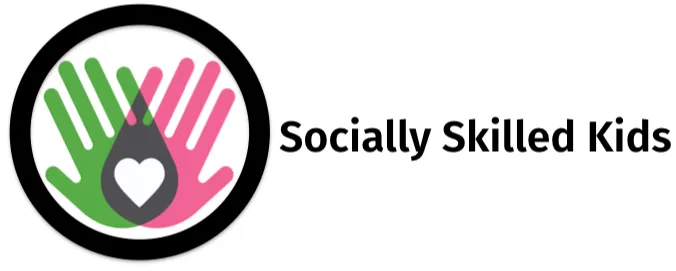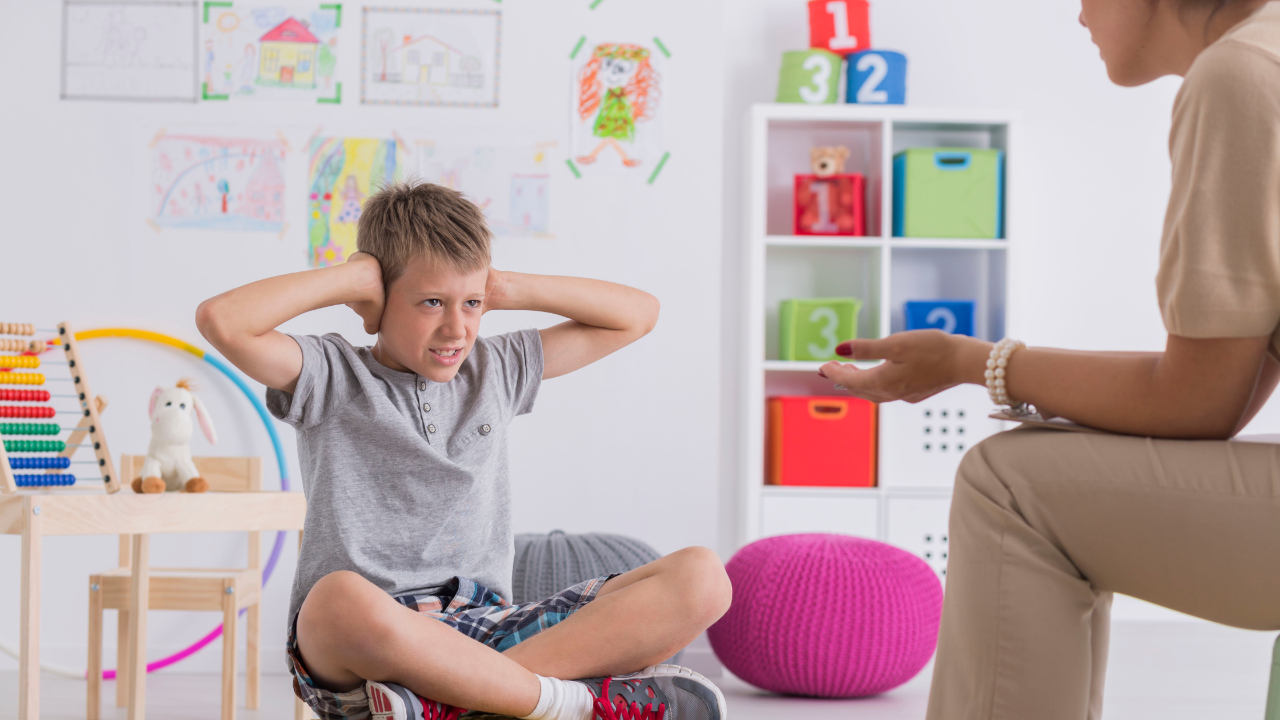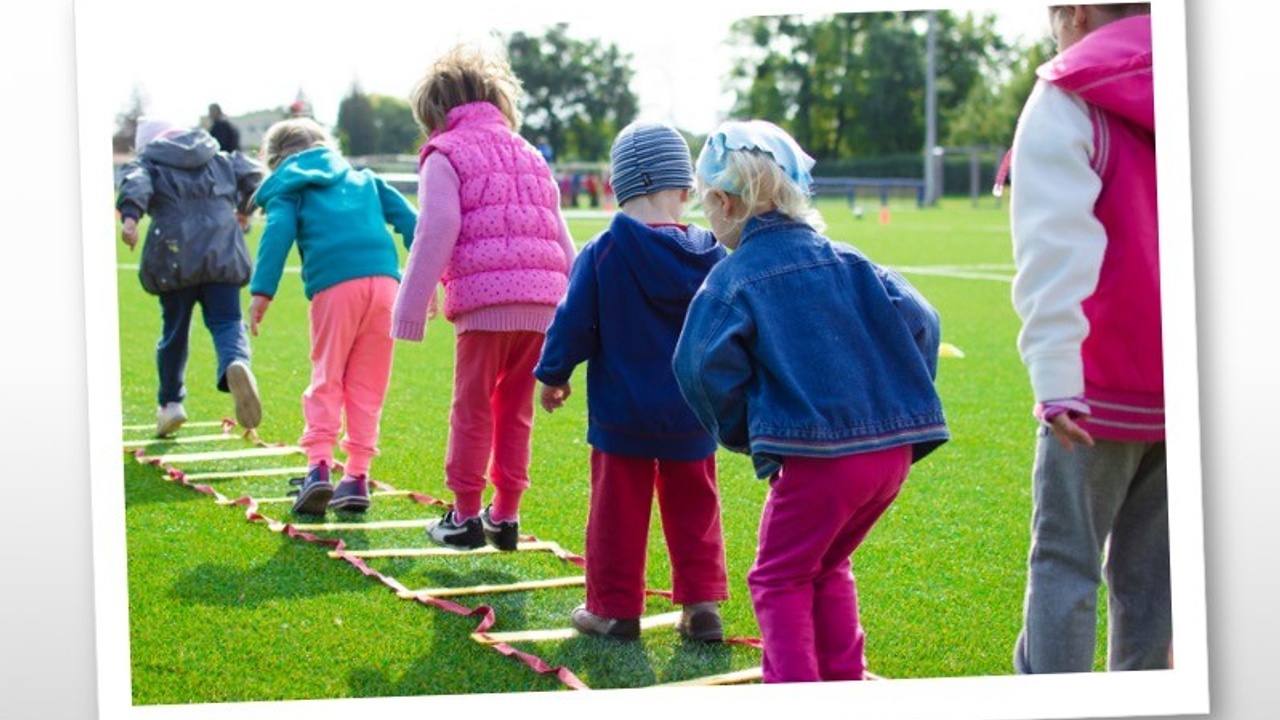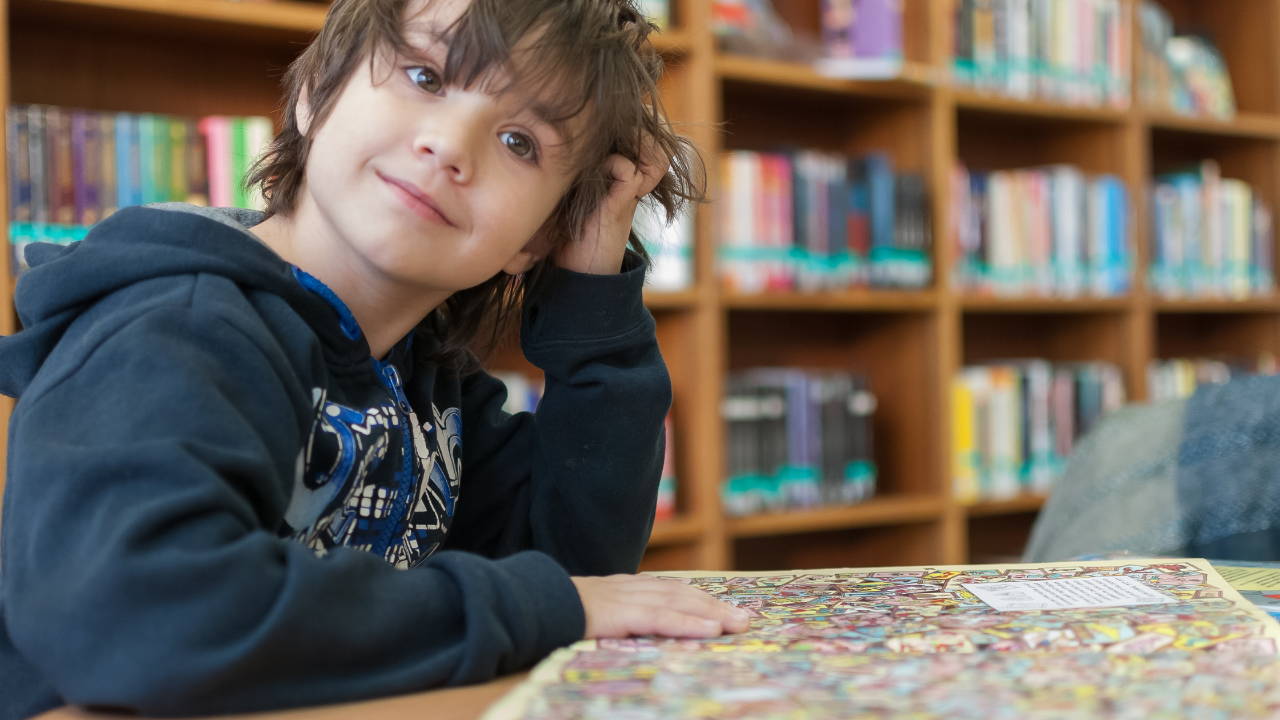The Socially Skilled Kids Blog
How to Respond to the Student Who Always Argues
Jul 16, 2020
Teaching Teamwork and Cooperation Skills to Students
Jul 16, 2020
How and Why to Use a Behavior Contract for Students
Jul 15, 2020
5 Tips for Teaching Gratitude to Your Students
Jul 15, 2020
5 Tips for Teaching Getting Along with Others
Jul 15, 2020














